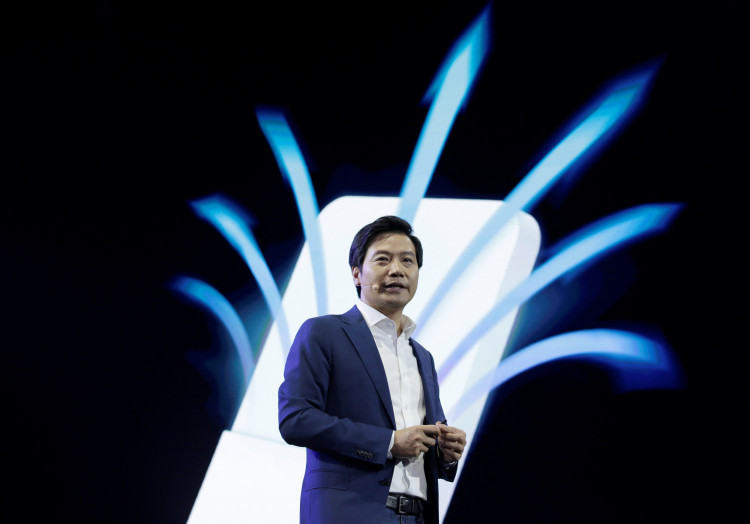Xiaomi, a renowned tech company, is making significant strides in the automotive industry. In a recent interview on the CCTV program "Face to Face," Lei Jun, the founder of Xiaomi Group, discussed the journey and current status of Xiaomi's automotive venture.
When asked about Elon Musk's previous statement that Xiaomi joining the electric vehicle market would be an interesting competition, Lei Jun highlighted Xiaomi's natural advantages in the smart electric vehicle sector, which essentially integrates the automotive and consumer electronics industries. He mentioned that a chairman of a car company once told him that a smart electric vehicle is essentially a large smartphone on four wheels, indicating a high degree of integration between the two industries. Lei Jun acknowledged the challenges of entering the automotive industry but felt that the overall difficulty was manageable.
Three years ago, Lei Jun perceived car manufacturing as a challenging endeavor and approached it with a sense of reverence. He adopted the principle of "sticking to the basics with innovation," meaning respecting the rules of the automotive industry, using mature industry technologies to ensure the first car is well-made, and then innovating on that basis.
Additionally, Lei Jun decided to implement a strategy of "tenfold investment." Typically, a car company invests 300 to 400 people and 1 to 2 billion yuan in developing a car. In contrast, Xiaomi's first car involved an investment of over 3,400 engineers and more than 10 billion yuan in research and development costs, significantly exceeding the usual industry investment.
Lei Jun expressed confidence in Xiaomi's approach, but he also shared concerns about the car's market reception, fearing either a lack of initial popularity or overwhelming demand leading to long wait times for customers.
In the context of the global macroeconomic pressure, Xiaomi's high investment in research and development might seem risky. However, Lei Jun believes that higher investments during difficult times are more likely to yield results and prepare the market for recovery.
Xiaomi Group's financial report for the third quarter showed a slight increase in total revenue to 70.9 billion yuan, marking an end to a six-quarter decline and a return to growth.
Xiaomi's car production and launch plans for the first half of next year remain unchanged, with overall preparations increasingly complete. On November 15, the Ministry of Industry and Information Technology included two "Xiaomi brand" pure electric sedans in its latest announcement, officially recognizing Xiaomi's preliminary work.
Public information reveals that Xiaomi's first car model will have two power battery versions: a ferrous phosphate battery from Phylion and a ternary lithium battery from CATL, with single and dual motor options. The ternary lithium battery version will use an 800V high-voltage platform. The ferrous phosphate battery version has a capacity of 73.6kWh and a range of 628km/668km, while the CATL ternary lithium battery version has a capacity of 101kWh and a range of 800km/750km.
There is still no precise information on the pricing of Xiaomi's cars. The most widely circulated speculations suggest two price ranges: one between 199,900 and 299,900 yuan, and another with one model priced below 200,000 yuan and another above 300,000 yuan.



